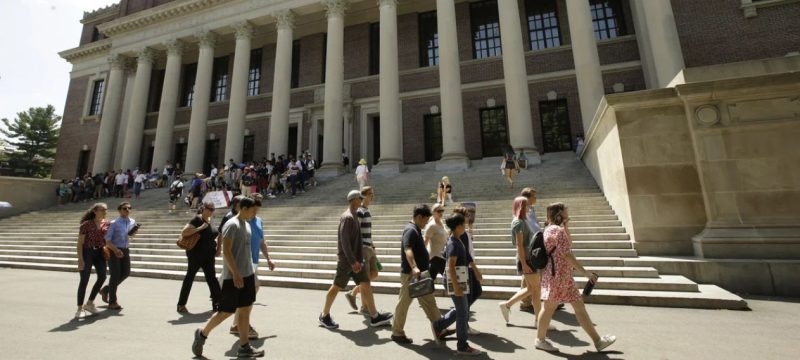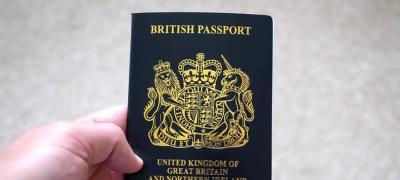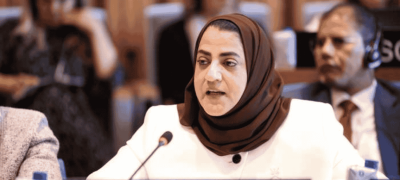A recent internal report at Harvard reveals that many students skip classes, do not complete readings, and still receive high marks. Faculty warn this trend hurts both learning and academic culture.
The Classroom Social Compact Committee, composed of seven faculty members, produced the report after reviewing classroom behavior and student habits across departments. They collected interviews, course feedback, and teaching data.
Key Findings: Absences, Low Preparation, and Grade Inflation
The report shows that class attendance is often low. Students frequently choose courses marketed as “easier” or with lenient grading. Some prioritize internships, networking, or club work over class participation. (Harvard faculty and press coverage)
Many students admit they skip readings, show up unprepared, or avoid weighted discussion. Lectures being recorded also reduce the incentive to attend in person. Meanwhile, grade inflation provides little penalty for absence or disengagement.
Professors say that some students avoid contributing in class. They fear judgment, political backlash, or simply lack confidence. Over time, this leads to classes dominated by a few voices, reducing overall discussion quality.
Committee Recommendations: Attendance, Accountability, and Policies
To reverse the trend, the committee proposes:
- Attendance thresholds after which involuntary leave could be considered
- Mandatory reading and preparation policies integrated into grading
- Stricter classroom norms about electronic device use
- Training for instructors on encouraging discussion and engagement
- Clearer communication of grading criteria and student expectations
The report also suggests updating the student handbook and offering workshops on academic habits and classroom culture.
Reactions and Risks
Faculty and observers call the findings a serious signal. They argue that the academic integrity and purpose of the classroom may be eroding. Some caution that rigid mandates risk alienating students who already face heavy workloads and external pressures.
One critic noted that while Harvard’s prestige gives students flexibility, it also demands accountability. If academic standards erode, the trust in Harvard degrees may weaken over time.
Administrators have yet to confirm which recommendations they will adopt. Harvard’s leadership is expected to consult faculty, student groups, and deans before moving forward.
Broader Implications and Context
This report at Harvard echoes challenges facing many top universities. Hybrid learning, pandemic-era norms, and evolving student attitudes have stressed traditional classroom models. The findings underscore a tension between flexibility and rigor.
If Harvard implements meaningful reforms, other institutions may follow. For now, the report has sparked debate about educational values, student agency, and the future of classroom engagement.
In other news also read about Good News!Find Out How Teachers Can Now Apply For Golden Visa









